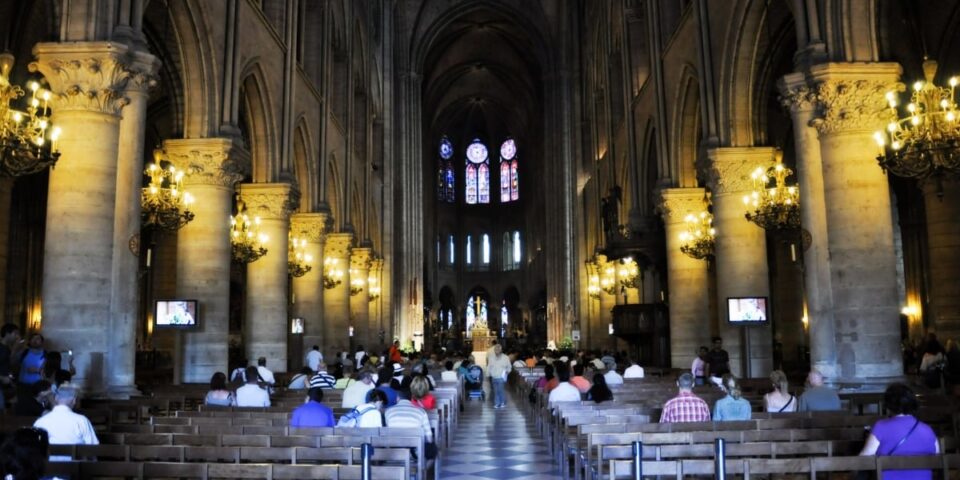First up, I need to start with an apology. This is not going to be a neat blog that starts with a story and then leads to three action points at the end for you to think about. Instead it’s a collection of things I’m thinking about that I haven’t really reached any conclusions on. It is all based around a big word that John Westerhoff used when we was over here in the summer. His big word was ‘enculturation’.
I’m always wary of using a big word – when I was at university, any attempt to win an argument with a long and impressive sounding word was countered with, ‘Marmalade is a big word too and I even know what it means.’ I shall attempt to avoid these pitfalls by defining the term and then using it wisely!
Enculturation is the gradual acquisition of the characteristics and norms of a culture or group by a person, another culture etc. Westerhoff said that Christian formation was not merely a process of education but also one of enculturation. That is that part of the discipleship of children is helping them learn the values and practices of the church community. I suppose it forms part of his wider argument that children’s faith hangs on belonging in a Christian community, as they will tend to adopt the beliefs and values of a group to which they belong.
I’ve been thinking a lot about this. Is the way I do children’s work helping children to be part of the church community or have I accidentally planted a fresh expression in the Sunday School, separate from the rest of the church? So here are some thoughts, not in any particular order, that are currently drifting around my head, together with all the usual stuff about bikes and biscuits…
1. Does this mean we should shut the Sunday school? Not sure. I think on balance, I would, in my dream church, have the children stay as part of the congregation throughout the service, but in the real world I’m not sure we could do it. And when done well, children to benefit a great deal from being part of good children’s groups. Margaret Pritchard-Houston sums this up much better than I could.
2. I’m not a fan of action songs. I used to do them but the more I’ve read and thought about children’s ministry I’ve struggled to see what they’re for. However, I may have missed something here. If a central part of almost every church’s worship is sung worship then perhaps I should be looking for a way of providing this for the children.
3. Why aren’t children in house groups? For many of our churches, small groups of some kind form the basis of community life and discipleship but you will almost never see children in them, perhaps this ought to change.
But then I ask the really weird question: have I got it the wrong way round? Many adults are now expressing frustration with how church is done and looking at new ways of doing things, as the church adjusts its practice to fit more within our post-modern culture. So why would I try to enculturate children into something that needs to change? Perhaps we need to begin inducting adults into the culture of the children’s groups, where there is intentional community time, biscuits and space to think and reflect for yourself. Or at least there are things we could bring with us from our children’s groups that would benefit all in the church.
I’ll keep thinking and keep wondering and hopefully I’ll be back with a more incisive piece on this subject in the future!
Sam Donoghue is the Head of Children and Youth Support for the Diocese of London. He is a keen baker of bread and a fan of Everton FC.
